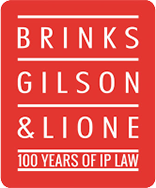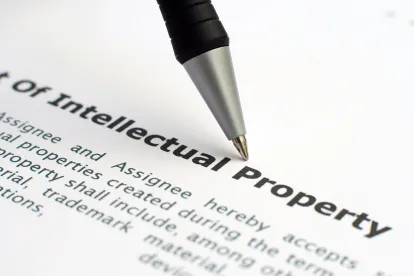Patentable subject matter under 35 U.S.C. § 101 includes “anything under the sun that is made by man” with the implicit exception that laws of nature, natural phenomena, and abstract ideas are not patentable.1Following the Supreme Court’s affirmance of the Federal Circuit’s holding in Alice2, courts determine whether the nature of otherwise ineligible subject matter is transformed into a patent-eligible application by reciting additional elements in the claim. The claimed subject matter is only patent-eligible if it adds an inventive concept beyond “well-understood, routine, conventional activity previously engaged in by researchers in the field.”3While subject matter eligibility is viewed as a matter of law, transformations of ineligible subject matter by additional claim elements involve questions of fact.
In the wake of the Supreme Court’s decision in Mayo, defendants in patent suits successfully utilized § 101 as a tool to invalidate patents as a matter of law on early motions to dismiss, by arguing that the claims employed only well-understood, routine, conventional activity. This trend has led some applicants to consider reducing the number of filings in subject matter areas where abstract ideas or laws of nature are common.
However, several recent Federal Circuit decisions have suggested there may be considerations beyond the holdings in Mayo, particularly to address disputes over questions of fact, and especially when motions for summary judgment or to dismiss use § 101 to invalidate claims.
In Berkheimer v HP, Inc.4, the Federal Circuit held that it may be untimely and thus inappropriate at the summary judgment stage to resolve questions of fact about what was well-known by researchers in the field. The following week, in Aatrix Software, Inc. v. Green Shades Software, Inc.,5 the Federal Circuit extended this line of reasoning to cases decided on the pleadings, noting that § 101 can be used in motions to dismiss to invalidate claims as a matter of law, only when there are no factual allegations that, taken as true, prevent resolving the patent eligibility question.
Finally, in Exergen Corp. v. Kaz USA, Inc.6, there was no dispute that Exergen’s claimed core body temperature calculation device employed a law of nature about body temperature. In that case, after a jury found the asserted claims infringed and not invalid, the defendant moved for invalidity of the claims as ineligible subject matter, which the district court denied. The defendant appealed, and the Federal Circuit reviewed the issue of patent eligibility under § 101 de novo, applying the deferential “clear error” standard of review to the district court’s factual findings regarding what was routine, conventional, and well understood. The Federal Circuit concluded that “while the asserted claims are based in natural phenomena,” the natural phenomena were transformed into “inventive methods and useful devices that noninvasively and accurately detect human body temperature,” and therefore were “not conventional, routine, or well understood.” In support of its conclusion, the Federal Circuit relied on underlying facts, noting that “[s]omething is not well-understood, routine, and conventional merely because it is disclosed in a prior art reference,”7 and further highlighted the significant time and money invested in the testing and development of the claimed invention.8
In an area of litigation traditionally dominated by matters of law, recent decisions have focused on the growing importance of matters of fact and their presentation in patent lawsuits. For patent applicants, there is an increasing need to anticipate and define combinations or transformations that will not likely be perceived as conventional, routine, or well understood, to ensure that patent portfolios can be prepared, maintained, or asserted as effective business tools.
Until the courts further clarify what constitutes an inventive concept beyond “well-understood, routine, conventional activity,” applicants and litigators alike are well advised to pay close attention to the facts of the matter in dispute.
1. Diamond v. Chakrabarty, 447 U.S. 303, 309 (1980); Mayo v. Promethius, 566 U.S. 66, 70-71, (2012).
2. Alice Corp. v. CLS Bank International, 573 U.S. __ (2014).
3. Mayo v. Prometheus, 566 U.S. 66 (2012).
4. Berkheimer v HP, Inc., No. 2017-1437 (Fed. Cir. Feb. 8, 2018).
5. Aatrix Software, Inc. v. Green Shades Software, Inc., No. 2017-1452 (Fed. Cir. Feb. 14, 2018).
6. Exergen Corp. v. Kaz USA, Inc., No. 2016-2315 (Fed. Cir. March 8, 2018).
7. Id. at p. 10.
8. Id. at p. 11.




 />i
/>i

